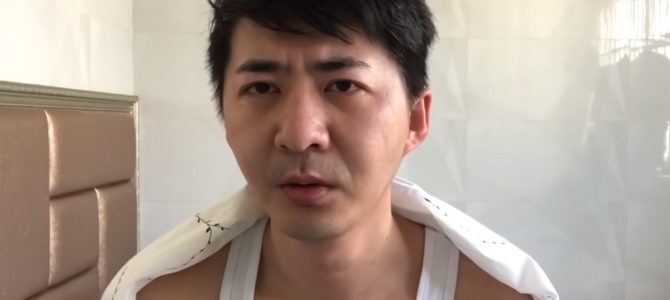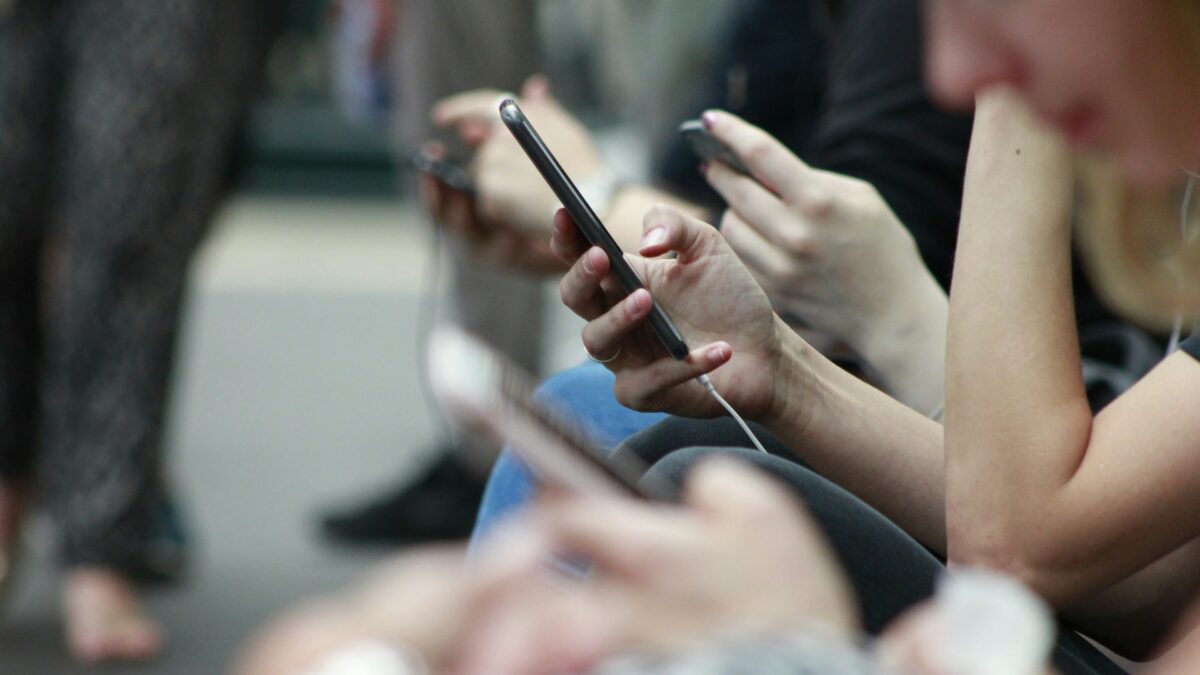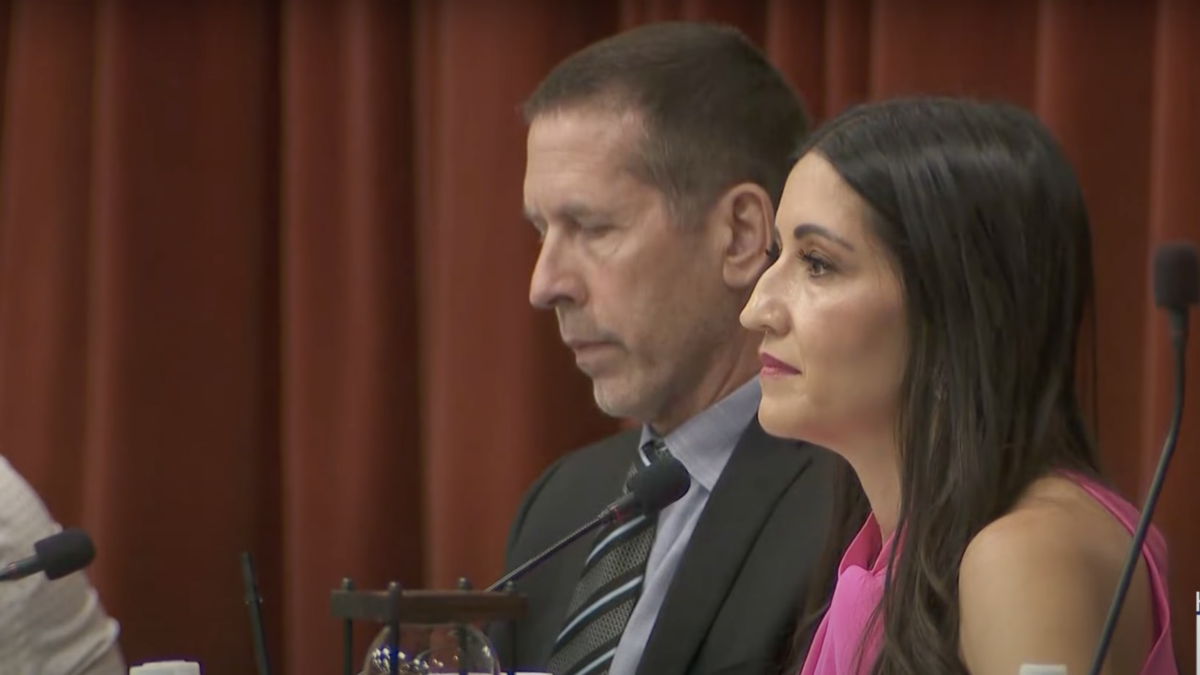
Speaking truth in communist China always carries tremendous personal risks. The coronavirus outbreak has given Beijing a new tool to suppress truth-tellers. Family and friends of Chen Qiushi, a Chinese citizen journalist, believe Beijing put Chen into a medical quarantine camp against his will due to his real-time reporting of the coronavirus outbreak in Wuhan, even though he appeared to be healthy.
Chen, a former lawyer, was once based in Beijing. As a young man with a strong sense of right versus wrong and a belief in independent thinking and honesty, he took up the hobby of shooting videos with political commentary. Chen rose to fame after winning second place in a televised public speaking competition in 2014.
Some images showed Chen, who was 28 at the time, looking like a bookish high school student, with dark glasses and a man bun. He quickly gathered close to 750,000 followers on Weibo, a Twitter-like platform in China. Like many Chinese citizens, he tried to stay away from politically sensitive subjects in his videos to stay out of trouble.
Chen Faces Consequences for Hong Kong Protest Reporting
Everything changed last August after he went to Hong Kong on a tourist visa to witness the protests. He made it clear no one had sent him nor invited him. He went purely out of curiosity because he didn’t believe the mainland media’s one-sided condemnation of Hong Kong protesters.
Chen uploaded several videos of the protests to his Weibo account and told an interviewer from “This American Life,” an American radio show, that he painstakingly avoided taking sides, had never criticized Beijing, and never offered any public support of the protesters. He said his goal instead was simply to “report objectively what I saw and what I learned in the city.” He did say in his videos that the majority of protesters he met were very peaceful, not rioters.
Chen’s stay in Hong Kong was cut short. In his last Hong Kong recording, he explained that since his videos of the protests were uploaded and shared, he received nonstop phone calls from his lawyers association, China’s Department of Public Security, and Beijing police. They all pressured him to stop what he was doing and return to the mainland immediately.
Chen flashed his lawyer’s license in this video “because it may not be mine anymore after I return,” he said. He further explained, “I studied for three years for this ‘toy’ [his lawyer license]. … If you asked me whether destroying three years of hard work in three days was worth it, I would say of course not. But there is nothing that I can do; I am who I am. … I alone bear the consequences of my actions.”
The consequences were severe. He did lose his lawyer’s license. His Chinese social media accounts were deleted. Chen “disappeared” for one month from public eyes. “Since coming back from Hong Kong, I’ve been taken to meetings with officials from many departments,” he said in a video he posted Oct. 2. Chen was asked to give a detailed account of his trip to Hong Kong, was questioned, recorded, and “criticized and educated.” According to him, public security officials and police officers switched their interrogation tactics between intimidation and paternalistic persuasion.
Chen’s parents were harassed, too. Since Chen is an only child, his mom got so scared, she traveled all the way from her hometown to Beijing to keep an eye on him so he wouldn’t get into trouble again. Chen didn’t push his overly protective mother away, but didn’t give up his activism either.
He managed to bypass China’s internet firewall and established his own YouTube channel, saying in one video, “In a … mature country, the problem is not that there are people talking about ‘sensitive topics.’ The problem is the existence of such ‘sensitive topics.’” Chen believes the only way to change that is to keep talking about these issues.
Chen Visits Wuhan to Report on Coronavirus
This January, when Chen heard about the coronavirus outbreak in Wuhan and that the city would be under lockdown, he jumped on the last train from Beijing to Wuhan while other people were desperately trying to leave the city. He explained his motive for rushing into danger this way: “I will use my camera to witness and document what is really happening under Wuhan’s efforts to contain the outbreak. And I’m willing to help spread the voice of Wuhan people to the outside world. While I’m here, I promise I won’t start or spread rumors. I won’t create fear or panic, nor would I cover up the truth.”
True to his word, he went to hospitals, mortuaries, and the construction site of a quarantine center, interviewing families of coronavirus patients. Since Chinese state-owned media have to follow the government line and focus their reporting on government efforts, Chen’s unfiltered short videos let people around the world bypass the propaganda to see what’s really going on in Wuhan: crowded hospitals, desperate patients, death, and body bags. His interview gave ordinary Wuhanese a platform to share their sorrows and anguish, and cry for help.
Chen initially appeared as his normal self, energetic, confident, and passionate. Gradually, the people’s desperation and agony took a toll on him. In his later videos, he was no longer calm and collected. He seemed nervous, agitated, and despairing. In one video, he admitted he was scared because “I have the virus in front of me, and behind me China’s law enforcement.” He was wearing a white tank top and a bed sheet, his image as haunting as his words. He vowed to fight on, but he knew his time was up.
China Must Stop Suppressing Truth
On Feb. 6, Chen’s mother posted a video saying his parents had not heard from Chen and asking for help finding him. A day later, a friend disclosed that Chinese authorities told Chen’s family and friends that Chen had been forcibly put into a “quarantine” camp, but refused to say when and where. The friends and family remembered that Chen looked healthy before his disappearance.
Two days later, another citizen journalist and Wuhan resident, Fang Bin, who had also taken videos in Wuhan and shared them on YouTube, disappeared too. Many suspect Chen and Fang were targeted because of their work.
Chen is now on One Free Press Coalition’s March 2020 list of the 10 most urgent cases of injustice against journalists. His friend maintains his Twitter account and has started a White House petition calling for China to release Chen and Fang, because “based on the Chinese government’s notoriety, local officials may claim them as dead from the virus.” It’s ironic that Chinese people have to appeal to the American government to seek justice for their fellow citizens.
The coronavirus has infected more than 95,000 people and killed more than 3,200 people worldwide, mostly in China. China’s economy is suffering, and China’s international reputation is damaged. Now the number of infected and the death toll around the world are rising too. If the Chinese government truly wants to repair the damage to its economy and its reputation, and act like a responsible member of the international community, it must encourage transparency and protect rather than suppress concerned citizens like Chen and Fang.









